“I will not be defined by Parkinson’s.”
I have heard and used some form of this statement more times than I can recall over the past seven years since I was diagnosed with Parkinson’s. While I understand the feeling behind the statement, I’m still left with a bit of unease and a sense that it’s not completely accurate.
Early on in my diagnosis, I fought to find any way possible to keep Parkinson’s out of my life. I tried to ignore it. I tried to outrun it, literally. I got angry. And, yes, I cried. I would make vows that this was not who I was going to be and that Parkinson’s was not going to have my life. I was adamant that I would NOT be defined by this disease!
The more I learn about this disease, and the deeper I get into this journey, the more I feel compelled to reevaluate what it means to be defined by Parkinson’s.
My sense is that often I just want to be normal. That is, I want to be the person I’ve always thought myself to be.
Most of us have a fair sense of who we are as individuals and that understanding (for most) has never included living with Parkinson’s. Not only do I have Parkinson’s, but I’ve been fundamentally changed by it. When I layer into that reality the fact that I am the executive director of a Parkinson’s charity and also a speaker and author who spends much of my time on the topic of Parkinson’s, it becomes difficult to not feel like my life is consumed by the disease.
How then do I differentiate between the ‘Parkie’ in me and ‘me’?
Contentment
I know that for some “contentment’ is a word that makes no sense when put alongside “Parkinson’s disease”. It’s a topic I cover in some detail in my book Perseverance and it boils down to this: ‘Can I be at ease in the fact that I have Parkinson’s?’
Many of us have heard Davis Phinney and others say, “I can’t control the fact that I have Parkinson’s, but I can control how I respond to having it.” This doesn’t mean that I must be happy about having Parkinson’s. It doesn’t mean that I sit back and do nothing about having Parkinson’s. And it doesn’t mean that I am Parkinson’s; however, it is the simple acceptance that I do have Parkinson’s. Once I’ve genuinely made peace with having Parkinson’s, then I can more clearly ask the question…
Who Am I?
I believe that this is the fundamental question many of us struggle with, and it can be stated in a variety of ways:
- Who am I to my spouse/partner now that I have Parkinson’s?
- Who am I to my employer, my kids, etc?
- And maybe most importantly, who am I to me?
I’ve attempted to answer the ‘who am I to me?’ question many times and a person with Parkinson’s or Parkie never even crack the top ten on my list. I am many things in this life before I am a Parkie!
I have come to terms with this question in many ways and in other ways I’m still a work in progress. I am gaining a clearer understanding of who I am and where Parkinson’s fits into the mosaic of my life. To illustrate my point, I know my use of the word ‘Parkie’ might bother some; therefore, I use it meaningfully. You see, I am much more than a term. I simply use it to indicate that I’m in the club.
Now, I Can Accept Limits
Having wrestled with the concept of contentment, having taken the time to clearly see who I am and having made peace with these ideas as best I can, I am now ready to accept the limits placed on my life by Parkinson’s. For it does indeed impose limits.
Fatigue, mild cognitive impairment, slowness and so many other symptoms impact my life on a daily basis and set boundaries to what I can and cannot do. This is my reality. And it is a reality that I can accept and thrive in because I have weighed the whole of my life and have discovered that I am so much more than a person with Parkinson’s. There is so much that I can still do and be so I can accept all that it means to be a Parkie and still find joy in life and so many reasons to smile.
These thoughts have been taken from my book Perseverance: the seven skills you need to survive, thrive and accomplish more than you ever imagined. Perseverance, it is more than ‘just don’t give up’. It is a set of positive, practical skills that can be learned.
Live Your Best!
Tim
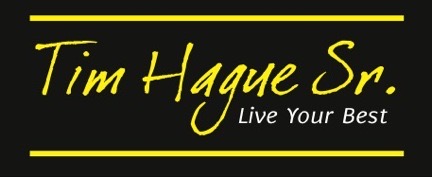

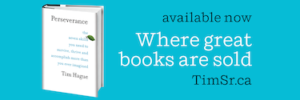

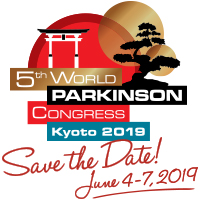
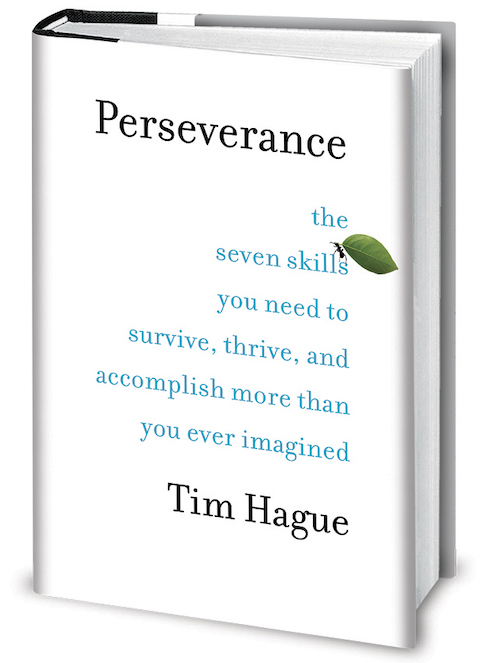
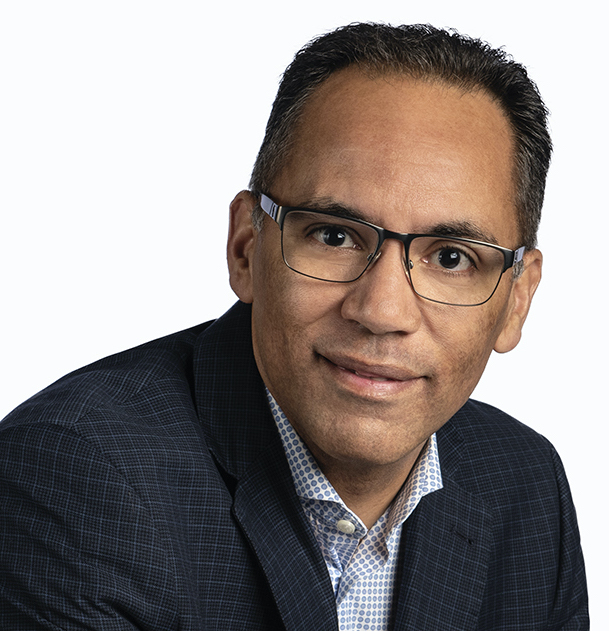
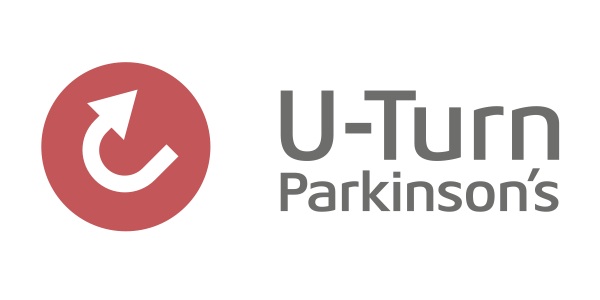
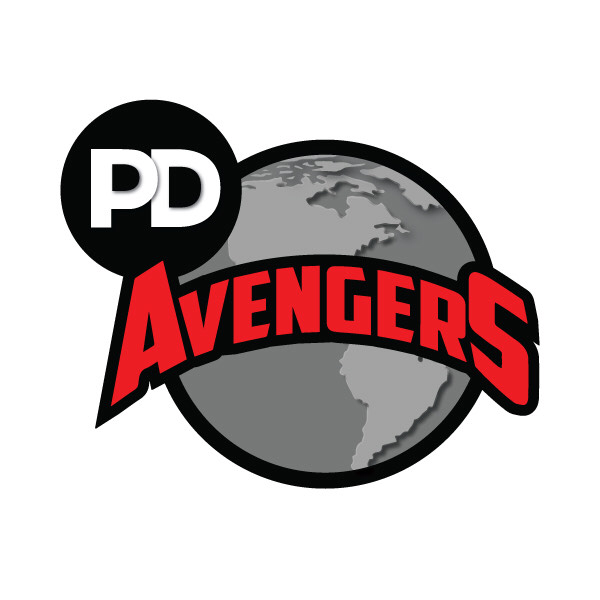
We know not what the future holds, of wonder or surprise. That cliche somewhat epitomizes how I as a caregiver and my husband with Parkinson’s great what will be more challenging days.
The”d” word is not in our Parkinson’s vocabulary.
My advocacy continues to lead us forward, as we have found no local support.
You are great. and have done so much for the Parkinson society and all the members in it. Keep up the good work
I sure enjoyed reading your book and could not put it down.
God Bless you and your family
Nellie Allen
Hi Tim-congrat’s on your book!
Truly, our response defines who we think we really are. Even in the end when you no longer can think of how to respond, nor who or whom’s you are….there is even perseverance value in the surrendering to How things will end. This finally to every journey…is apart from any significance or contribution we think we have. What was , is no more, and now becomes an amazing opportunity for health care and wellness programs to practise and RESPOND. Even to the most vulnerable in the community who cannot help themselves….society gets to rise up to the challenge of housing and caring with a new intellect about this disease or any mindset changes….because you persevered & challenged and taught the system through your contributor-capable time in life. You have spoken in an appropriate time when it matters the most. We all need to learn whatever your heart yearns to teach. Thanks for a good impact fight…Restoration is coming for the faithful, and to those who know themselves. THANK you for not just sitting by and ignoring a part of yourself that we need to know more about.
My recent adage is the following – “Don’t let Parkinson’s make decisions for you.” In other word, don’t let your weakness or your disease be in the driver seat, even if it has invaded your body. I want greater things to define who I am and what I want to live for. This is where character and faith come in. I want to live for a greater purpose in life.
Such wise words. Much for me to learn.